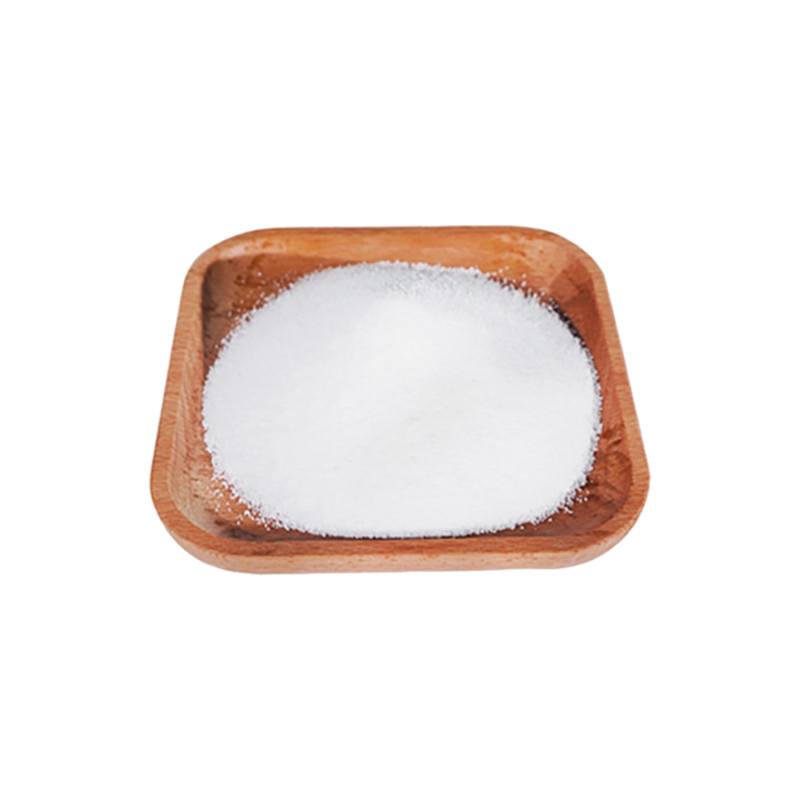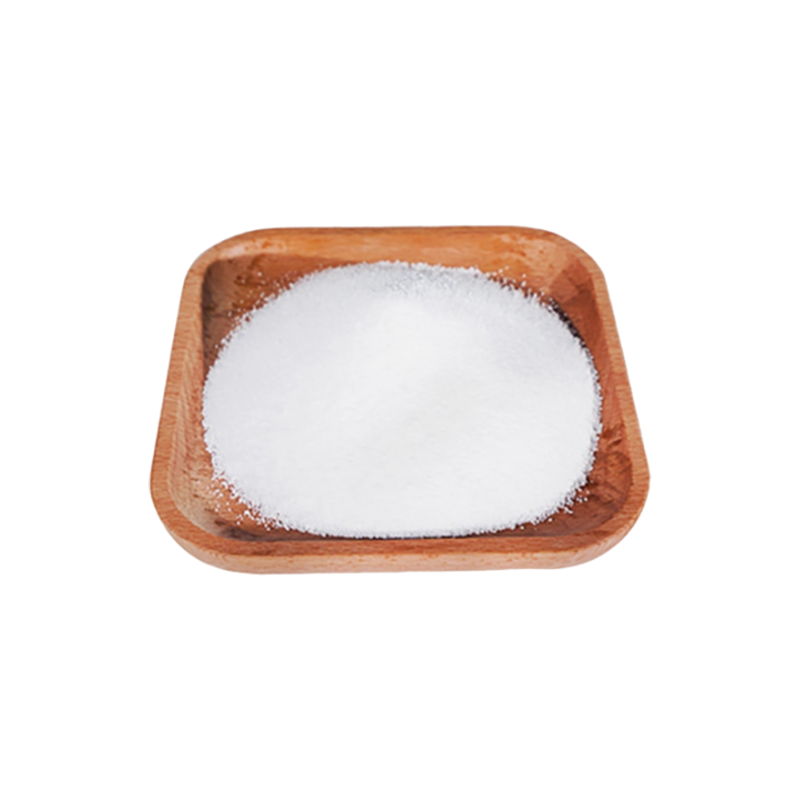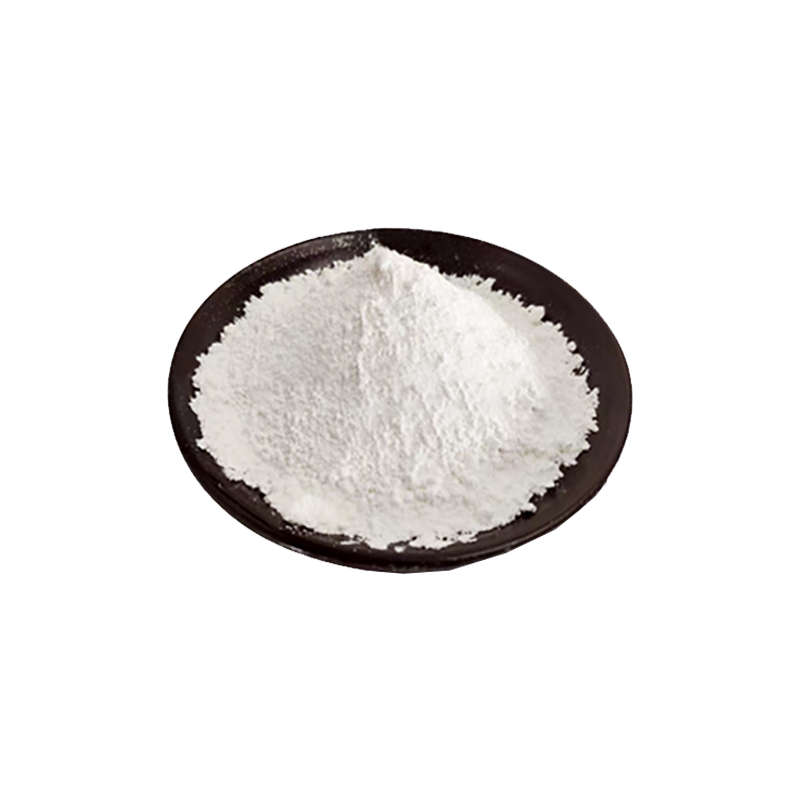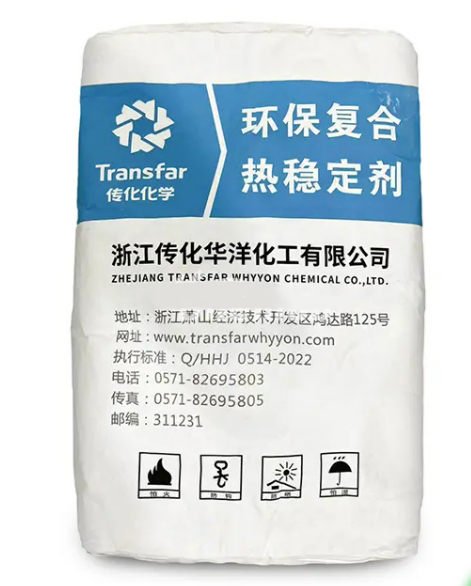Q
how does polypropylene hold for carpet
I'm a seasoned industrial engineer with a keen interest in machine learning. Here to share insights on latest industry trends.
I'm a seasoned industrial engineer with a keen interest in machine learning. Here to share insights on latest industry trends.
You May Like
Do-it-yourself (DIY) resin countertops can indeed be durable, provided that high-quality materials are used and the process is executed correctly. These countertops are made by pouring a synthetic resin over a constructed base, often wood. The durability largely depends on the type of resin used; epoxy and polyurethane resins are among the most durable and resistant to heat, scratches, and stains when correctly applied and cured. However, DIY resin countertops may not match the resilience of professionally installed solid surface, granite, or quartz countertops, particularly if the resin is not applied evenly or if the mixture isn't properly prepared. Moreover, environmental factors like exposure to extreme heat or sharp objects can compromise their durability. Regular maintenance and careful use can extend the life of a DIY resin countertop, making it a cost-effective and customizable option for many homeowners.
Yes, all inks contain particles, though the type and size of these particles can vary significantly depending on the ink formulation. Traditional inks, like those used in pens and printers, have pigments or dyes suspended in a liquid carrier. Pigments are solid particles that provide color and opacity, while dyes are soluble colorants that tint the liquid itself. The difference between pigments and dyes is crucial in ink formulation; pigments offer better UV stability and color fastness, making them suitable for applications requiring durability. Nanoparticle inks are a newer technology, particularly in the field of electronics, using ultrafine particles to create conductive or semiconductive patterns with high precision.
Cellulose is a complex carbohydrate or polysaccharide consisting of hundreds to thousands of glucose units. It is a vital structural component of the cell walls of green plants and certain algae, providing rigidity and strength. In the natural world, cellulose serves as the primary structural element that allows plants to stand upright and grow tall. For humans, cellulose is significant in various industries, including textiles (cotton is almost pure cellulose), paper production, and as an ingredient in processed foods due to its insolubility and lack of digestibility by human enzymes. Additionally, cellulose derivatives are utilized in pharmaceuticals, food thickening agents, and as hydrophilic and biodegradable polymers. Despite its indigestibility, cellulose is considered a dietary fiber, which aids in maintaining a healthy digestive system.
You May Like
Q&A
- •what kind of epoxy for golf clubs
- •why is emulsion important in amplification
- •what ios a modified amino acid
- •does hot weather affect titanium implants
- •what is the total cure time for 1 hour epoxy
Popular Information
- •GACL granted BIS license for ortho phosphoric acid
- •Chemical industry: Russia–Ukraine war impact analysis July 2022
- •Punjab Alkalies an exception among caustic soda makers as stock fails to make the most of rally
- •AMAI: Domestic demand for caustic soda up by 4.2% to 41.38 Lakh MT in 2022-23
- •Fenesta increases extrusion capacity by over 40% in Kota


















